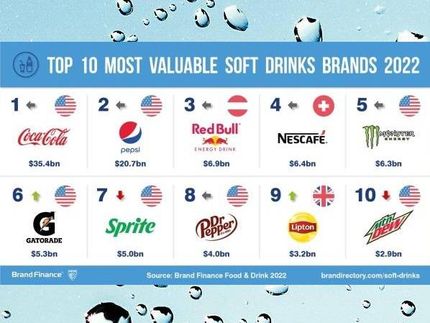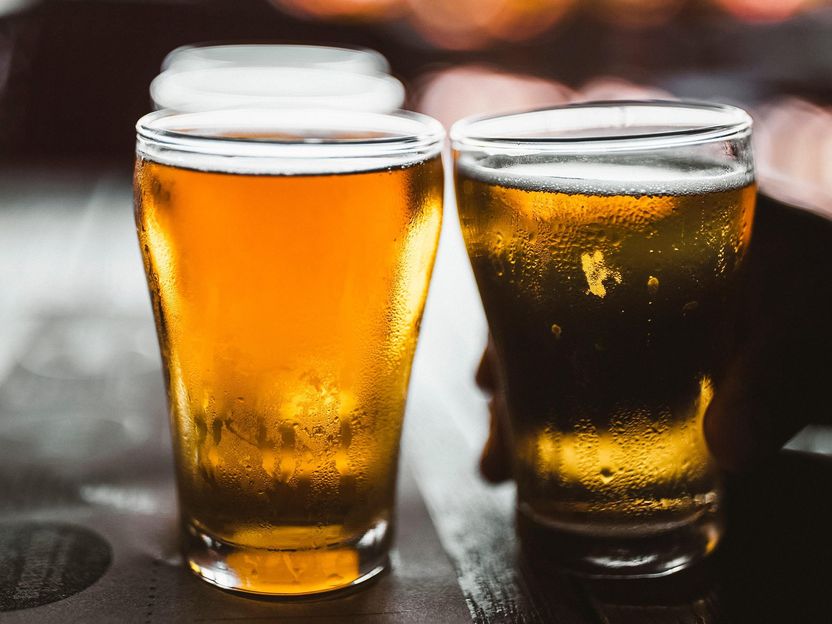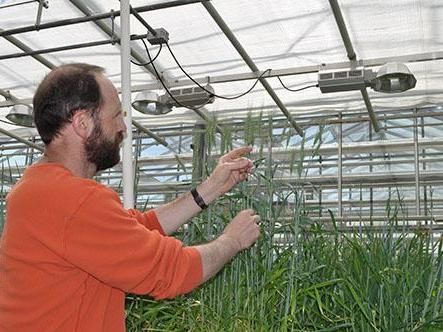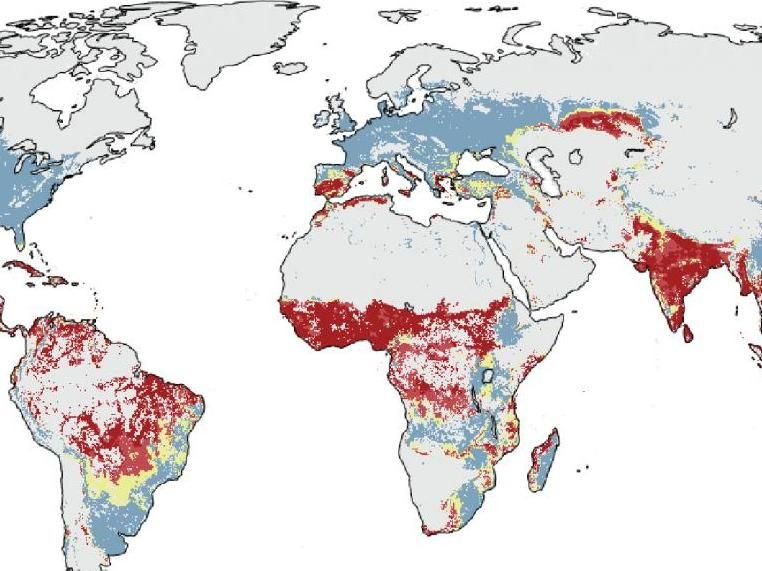The European soft drinks sector has achieved a 17.7% reduction in average added sugars since 2015
Advertisement
Just one year after releasing ambitious new health and nutrition commitments, UNESDA soft drinks Europe announces that the European soft drinks sector has delivered a further 3.6% reduction in average added sugars between 2019 and 2021.
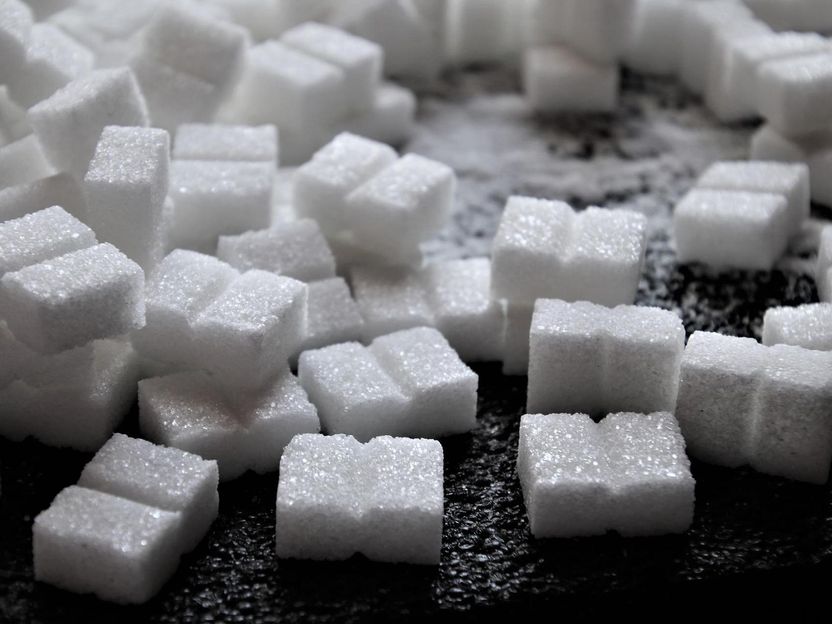
Bild von pasja1000 auf Pixabay
This new sugar reduction milestone is part of the sector’s most recent commitment1 to reduce average added sugars in its beverages by another 10% in the EU27 and the UK between 2019 and 2025, under the umbrella of the EU Farm to Fork Strategy and its Code of Conduct on Responsible Food Business and Marketing Practices2. This means that Europe’s soft drinks sector has already achieved a 17.7% reduction in average added sugars since 2015.
Ian Ellington, President of UNESDA Soft Drinks Europe and Senior Vice-President and Chief Marketing Officer for PepsiCo in Europe, comments: ‘’Today’s announcement shows that our efforts to meet our latest sugar reduction target are delivering results: a further 10% reduction in average added sugars in our drinks in the EU27 and the UK from 2019 to 2025. It also demonstrates our ongoing commitment to encourage consumers towards heathier drink options by offering them more no- and low-calorie products.’’
Europe’s soft drinks sector has achieved an average market share of over 29% of no and low-calorie products in Europe, with some markets as high as 40-50%.
Over the past 20 years, UNESDA Soft Drinks Europe has contributed to building a healthier food system in Europe. UNESDA corporate members have made significant investments in reformulation and new product development to reduce average added sugars in their drinks with the goal of providing consumers with healthier drink choices. The sector has achieved a total of 26% reduction in average added sugars since 2000. It has also become the first and only sector to have committed to the EU call for a 10% added sugars reduction by 2020 and to have significantly exceeded this target by reaching a 14.6% sugar reduction from 2015 to 2019.
While the European soft drink sector is not the largest contributor to total added sugars intake of Europeans3, it is doing its part to promote healthier dietary habits, becoming the only sector to have made a new sugar reduction commitment under the EU Code of Conduct on Responsible Food Business and Marketing Practices.



